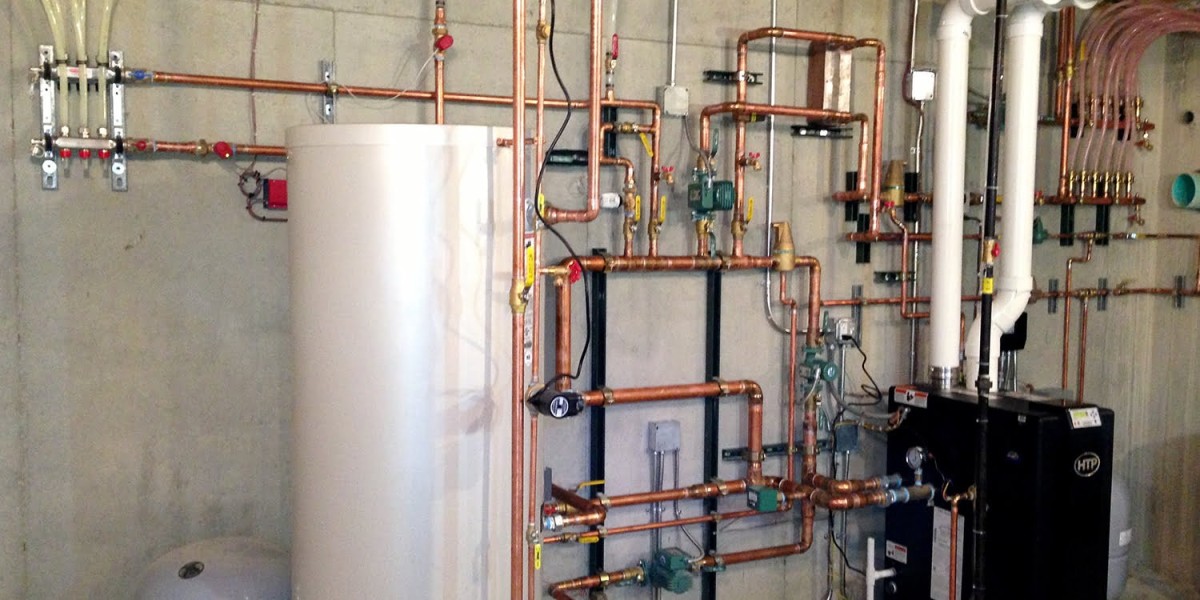What Factors Should Homeowners Consider When Choosing a Residential Boiler?
Choosing the Right Residential Boiler: A Comprehensive Guide for Homeowners
Selecting the right boiler for your home is a critical decision that impacts comfort, energy efficiency, and long-term operating costs. With numerous options available, homeowners must consider factors such as fuel type, boiler efficiency, size, and installation costs. This guide will help you navigate the essential aspects of choosing the ideal residential boiler for your heating needs.
Understanding Residential Boilers: A Comprehensive Guide
Residential boilers play a crucial role in home heating systems, especially in regions with cold winters. As a core component of many heating setups, boilers ensure comfort and warmth by providing consistent and efficient heat throughout the home. Whether you’re considering installing a new boiler or upgrading an existing system, understanding how residential boilers work, their different types, and how to maintain them can help you make informed decisions.
What Is a Residential Boiler?
A residential boiler is a heating system designed to heat water and distribute either hot water or steam to radiators, baseboard heaters, or radiant floor systems throughout a home. Unlike furnaces, which blow hot air, boilers use water to distribute heat, making them particularly effective in maintaining steady indoor temperatures.
Boilers can be powered by various fuel sources, including natural gas, oil, electricity, or propane. Once the water is heated, the system circulates it through pipes to different parts of the home. Steam boilers convert the water into steam, which rises naturally to radiators, while hot water boilers use a pump to circulate water.
Understanding Different Types of Boilers
According to a Residential Boiler Market report, the industry is expected to grow significantly in the coming years.
There are several types of residential boilers, each with unique benefits and applications:
1. Conventional Boilers (Regular or Heat-Only Boilers)
- Suitable for homes with traditional heating systems using separate hot water cylinders and cold water storage tanks.
- Ideal for larger households with high hot water demands.
- Requires more space due to additional components.
2. Combi Boilers (Combination Boilers)
- Provides instant hot water and central heating without a separate water tank.
- Compact and space-saving, making them ideal for smaller homes.
- Limited capacity for simultaneous water usage in multiple outlets.
3. System Boilers
- Uses a separate hot water cylinder but does not require a cold water storage tank.
- Suitable for homes with multiple bathrooms.
- More efficient than conventional boilers but requires space for the cylinder.
4. Condensing Boilers
- High-efficiency boilers that recover heat from exhaust gases.
- Available in combi, system, or conventional formats.
- Lower carbon footprint and reduced energy bills.
Key Factors to Consider When Choosing a Boiler
1. Fuel Type
Boilers operate on various fuel sources, including:
- Gas Boilers – The most common and cost-effective option for homes connected to a gas supply.
- Oil Boilers – Suitable for off-grid homes but require fuel storage.
- Electric Boilers – Eco-friendly but generally more expensive to operate.
- Biomass Boilers – Uses renewable energy sources like wood pellets, offering sustainability benefits.
2. Boiler Efficiency
- Look for ENERGY STAR certified boilers or those with an Annual Fuel Utilization Efficiency (AFUE) rating of 90% or higher.
- High-efficiency condensing boilers can save on energy costs in the long run.
3. Size and Heating Capacity
- A properly sized boiler ensures optimal performance and energy efficiency.
- Consult a heating professional to determine the appropriate BTU (British Thermal Unit) output based on your home’s size and heating needs.
4. Installation and Maintenance Costs
- Initial installation costs vary depending on the type of boiler and complexity of the system.
- Regular maintenance, such as annual servicing, extends the lifespan and efficiency of the boiler.
5. Smart Features and Controls
- Modern boilers offer smart thermostats and programmable controls for greater convenience and efficiency.
- Remote monitoring and app-based control options provide added flexibility.
Conclusion
Choosing the right residential boiler involves evaluating various factors, including fuel type, efficiency, size, and installation requirements. By considering your home’s heating demands and available options, you can select a boiler that ensures comfort, cost savings, and energy efficiency for years to come. Consulting with a heating professional can further help you make an informed decision tailored to your specific needs.











